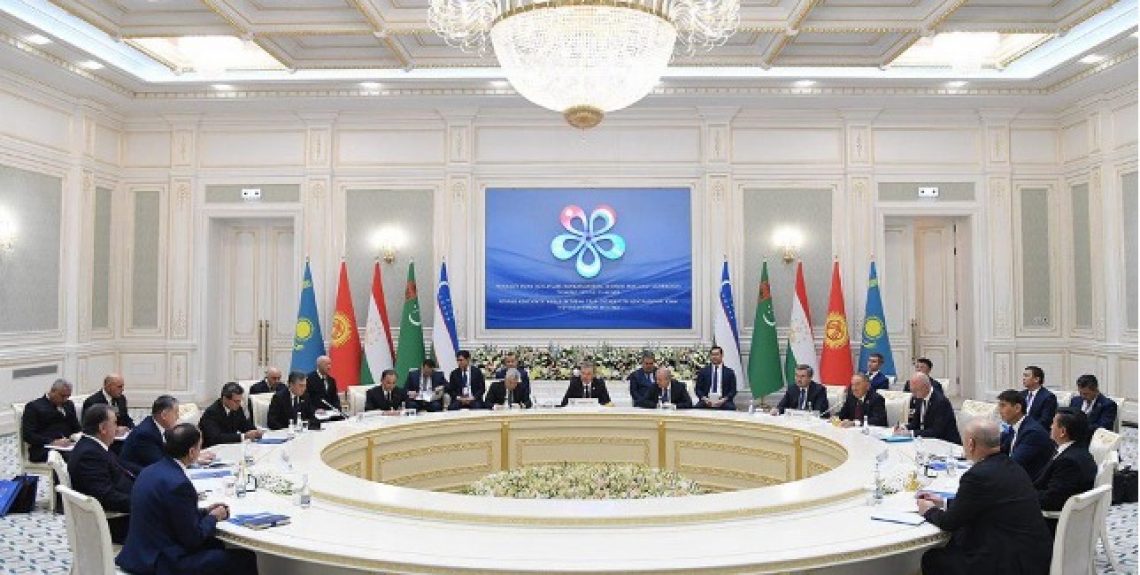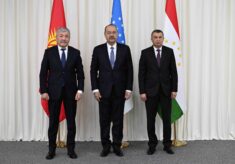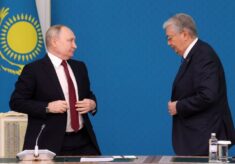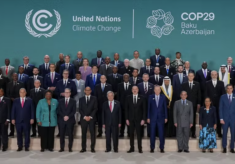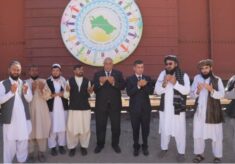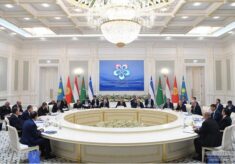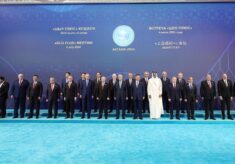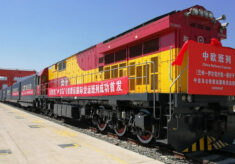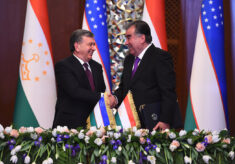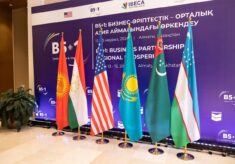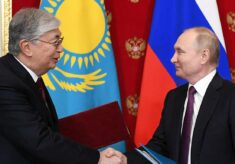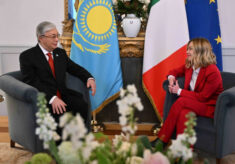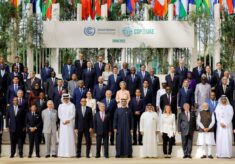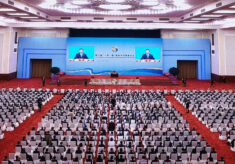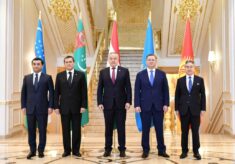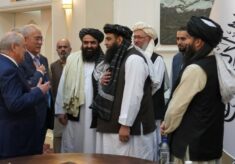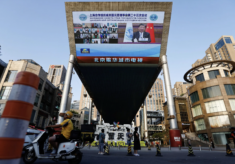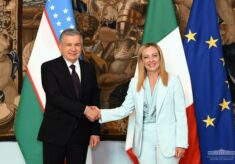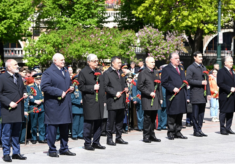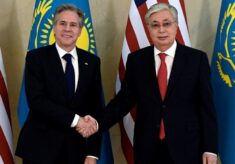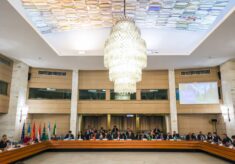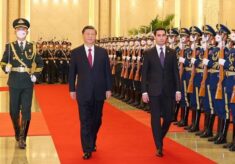The 6th Consultative Meeting of the Heads of State of Central Asia – held in the Kazakh capital Astana on the 9th of August – has been another significant milestone in the process of regional cooperation and integration, based on the positive attitude of the five Central Asian presidents to promote and implement an inclusive dialogue dealing with the existent problems that affect the region and to increase Central Asia’s role in the international arena. Since 2018, regular meetings have been organized each year, involving all Central Asian countries, Turkmenistan included (a country traditionally with a neutral foreign policy forbidding membership in bodies like the like the CSTO and SCO), aiming at a Central Asiatic endogenous cooperation.
In the last summit, Central Asian presidents signed two key documents as the Roadmap for Regional Cooperation until 2027 and the Strategy for the Development of Cooperation-Central Asia 2040 which aims at paving the way for the adoption of regional collaboration mechanisms and of effective measures such as the harmonization of regulations or the elimination of tariff barriers.
During his speech, the Uzbek President Mirziyoyev stressed that “the time has come to jointly consider issues of further improving our format of the Consultative Meeting to deepen regional integration and fill the agenda of long-term partnership”, potentially envisaging a future institutionalisation of this regional cooperation, that appears not fully and openly backed by the remaining Central Asian republics (F. Costa Buranelli, Continuity and Change in the New Cycle of Central Asian Consultative Meetings, The Diplomat, August 13, 2024). In fact, despite the hopes of the Kazakh leadership, the Agreement on Friendship, Good-Neighborliness, and Cooperation for the Development of Central Asia in the 21st Century could not be signed due to reservations by Tajikistan and Turkmenistan.
On the other hand, mentioning the wars in Ukraine and Middle East as affecting regional stability, the President stated that “We consider it appropriate for our foreign policy agencies to develop a strategic document – the Concept for Ensuring Regional Security and Stability”. An interesting perspective vis-à-vis the present and future role of the CSTO.
Kazakh President Tokayev emphasized the need to develop a comprehensive Central Asian Transport System, considering the economic and political benefits linked to the implementation of several connectivity projects, primarily the Trans-Caspian International Transport Route: however, he also pointed out the need to agree on a water policy aimed at providing an equitable and fair water use for all five countries (Tokayev Outlines Central Asia’s Vision for Regional Cooperation and Growth, The Astana Times, August 9, 2024).
In the last six years, Kazakhstan and Uzbekistan – the region’s two largest economies – have assumed the task to lead the process to enhance regional economic cooperation and integration. Before the regional summit, President Tokayev and President Mirziyoyev had a bilateral meeting, within which they decided to boost trade in the agricultural sector and to ease border controls, measures which will contribute to deepen cooperation even if Kazakhstan is member of the Russian-led Eurasian Economic Union (a common economic space without border controls) that does not include Uzbekistan (Central Asian leaders sound optimistic note on expanding regional trade at Astana meeting, Eurasianet, August 8, 2024).
The emerging trend could help Central Asian republics to fulfil their ambition to finally promote a genuine Central Asia endogenous cooperation mainly oriented to achieve strategic priorities expressed by the five republics, partially escaping from Russian and Chinese influence. Indeed, in spite of significant steps and progresses to build a regional architecture of cooperation, it appears highly unrealistic that Central Asian republics could cut all relations and links with these external actors, that will preserve their role of relevant (but not dominant) partners.

